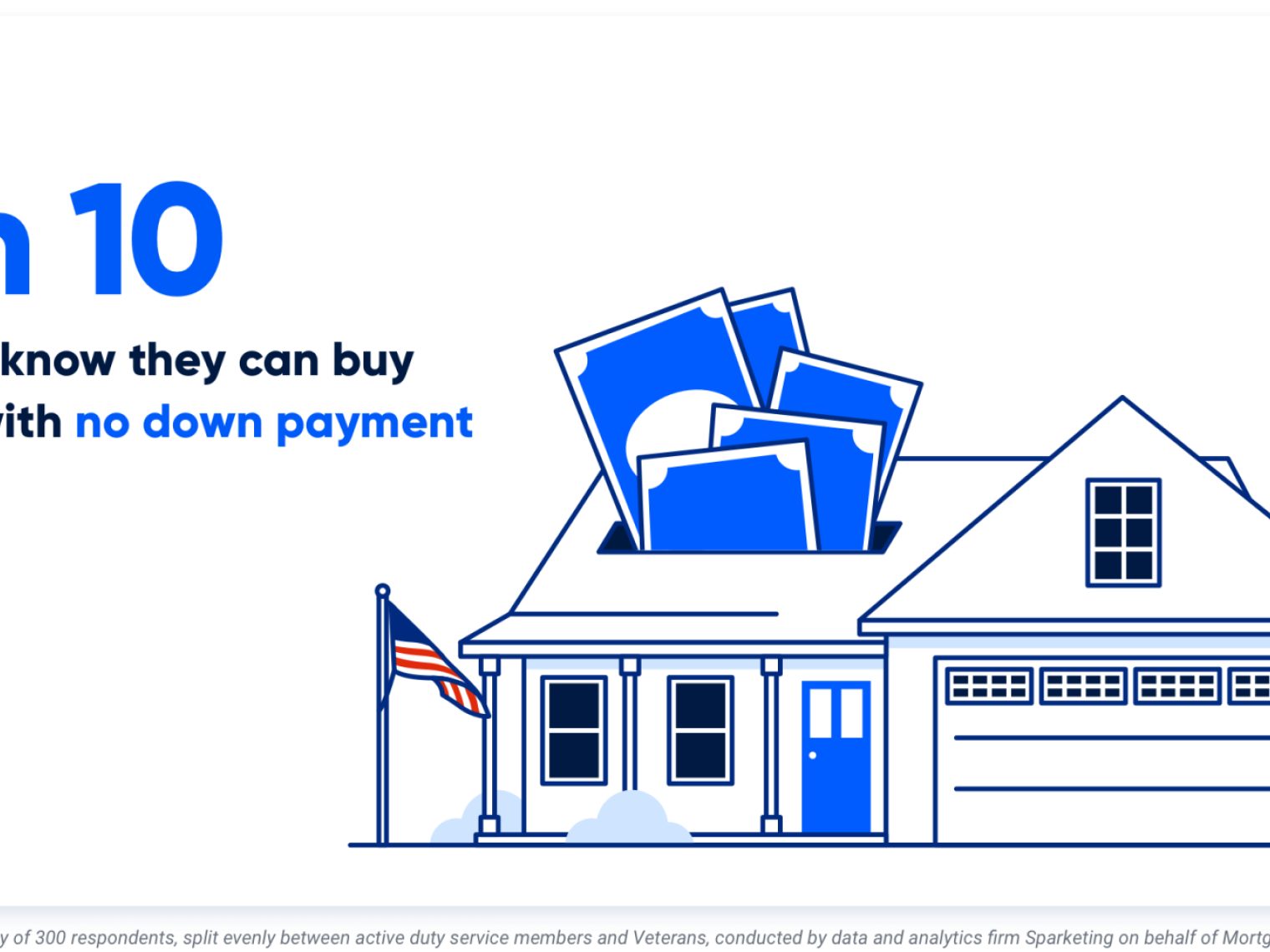Wouldn’t it be nice to be able to say, “I love my real estate agent?"
While you don’t really need to love your real estate agent, you do need to be satisfied with the level of service provided. Real estate transactions are complicated, and success depends largely on the skills of key players like real estate agents and lenders.
So whether you end up marrying your agent or simply referring him to a friend, here are three key reasons it’s important to have a good relationship with your real estate agent:
1. You’re going to spend a lot of time together.
You’re going to spend a lot of time with your buyer’s agent. You want that time to be as pleasant as possible.
The average buyer tours 12 homes over a period of 12 weeks before purchasing, according to the National Association of Realtors. Considering that the average home tour may take 30 minutes from start to finish, you’re probably committing to a bare minimum of 6 hours with your agent upon signing a buyer’s agency agreement.
And don’t forget pre-showing meetings with your agent, negotiations, final walkthroughs, and the closing appointment. Your agent will become an integral part of your life once you start a house hunt. Make your house hunt as enjoyable as possible by selecting an agent you love (or at least like).
Look for these Agent Personality Traits:
- Hard-working
- Collaborative
- Tech-savvy
- Self-motivated
- Good-natured
- Trustworthy
Answer a few questions below to speak with a specialist about what your military service has earned you.
2. You need to trust your negotiator.
You’ve found the home of your dreams. You’re ready to make an offer. Get set for the next stage of the process: negotiations. During negotiations, your agent goes to bat for your best interests.
If you’ve gotten to know and trust your agent, you can be certain that you’ve picked the perfect advocate for this (sometimes heated) stage. The best agents respect your budget and can carefully advise you during negotiations. Battle-tested agents understand the seller’s motivations, the ebb and flow of the current market, and how to get the most for a buyer’s money.
Think of it this way: You wouldn’t head into a courtroom without adequate legal representation. Nor should you enter real estate negotiations without a trusted agent.
3. You need to be able to communicate with your real estate agent.
For an agent, every new client is a blank slate. Buyers vary drastically in their home preferences and budgets, making personalized service a must.
But without open lines of communication, personalized service is unreachable. That’s why honesty and two-way conversations are essential, both in the early stages and at the closing table.
Buyers need to be able to express their needs and wants without restriction. Budget, location, size and style are just a few of the hundreds of factors that go into choosing a home. Buyers who feel disrespected or unheard during the house hunt can’t possibly choose the best home for their needs.
Whether you’re looking to buy or sell, make sure that your voice is being heard. Your feedback and direction should be integral to your real estate transaction. If you’re not able to communicate effectively with your agent, it may be time to seek out new representation.
Related Posts
-
 VA Loan Down Payment RequirementsVA loans have no down payment requirements as long as the Veteran has full entitlement, but only 3-in-10 Veterans know they can buy a home loan with zero down payment. Here’s what Veterans need to know about VA loan down payment requirements.
VA Loan Down Payment RequirementsVA loans have no down payment requirements as long as the Veteran has full entitlement, but only 3-in-10 Veterans know they can buy a home loan with zero down payment. Here’s what Veterans need to know about VA loan down payment requirements. -
 5 Most Common VA Loan Myths BustedVA loan myths confuse and deter many VA loan borrowers. Here we debunk 5 of the most common VA loan myths so that you can borrow with confidence.
5 Most Common VA Loan Myths BustedVA loan myths confuse and deter many VA loan borrowers. Here we debunk 5 of the most common VA loan myths so that you can borrow with confidence.


